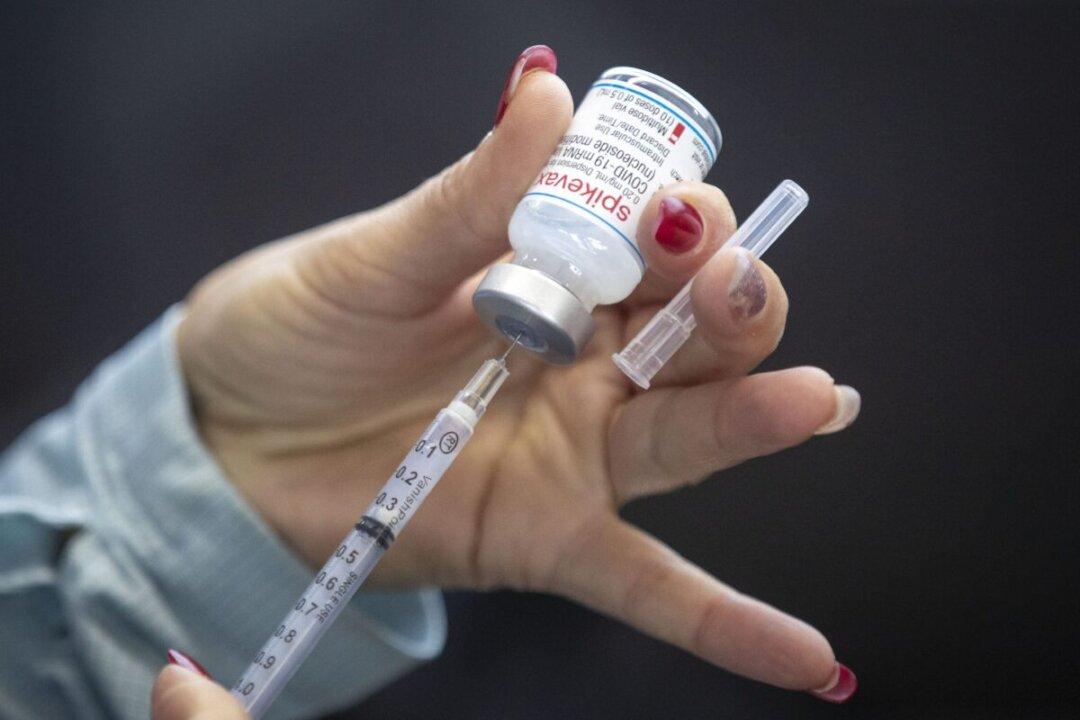An Ontario Superior Court of Justice ruling on Dec. 13 held that vaccine passports were constitutional. The Justice Centre for Constitutional Freedoms (JCCF) said it is considering an appeal.
JCCF represented eight clients who argued their Charter freedoms were violated by vaccine passports. One of the clients was Sarah Lamb, who experienced long-term neurological side effects after the first dose of the Pfizer vaccine, said JCCF in a release following the ruling. She lost sensation from her waist down, but was denied a vaccine exemption.





